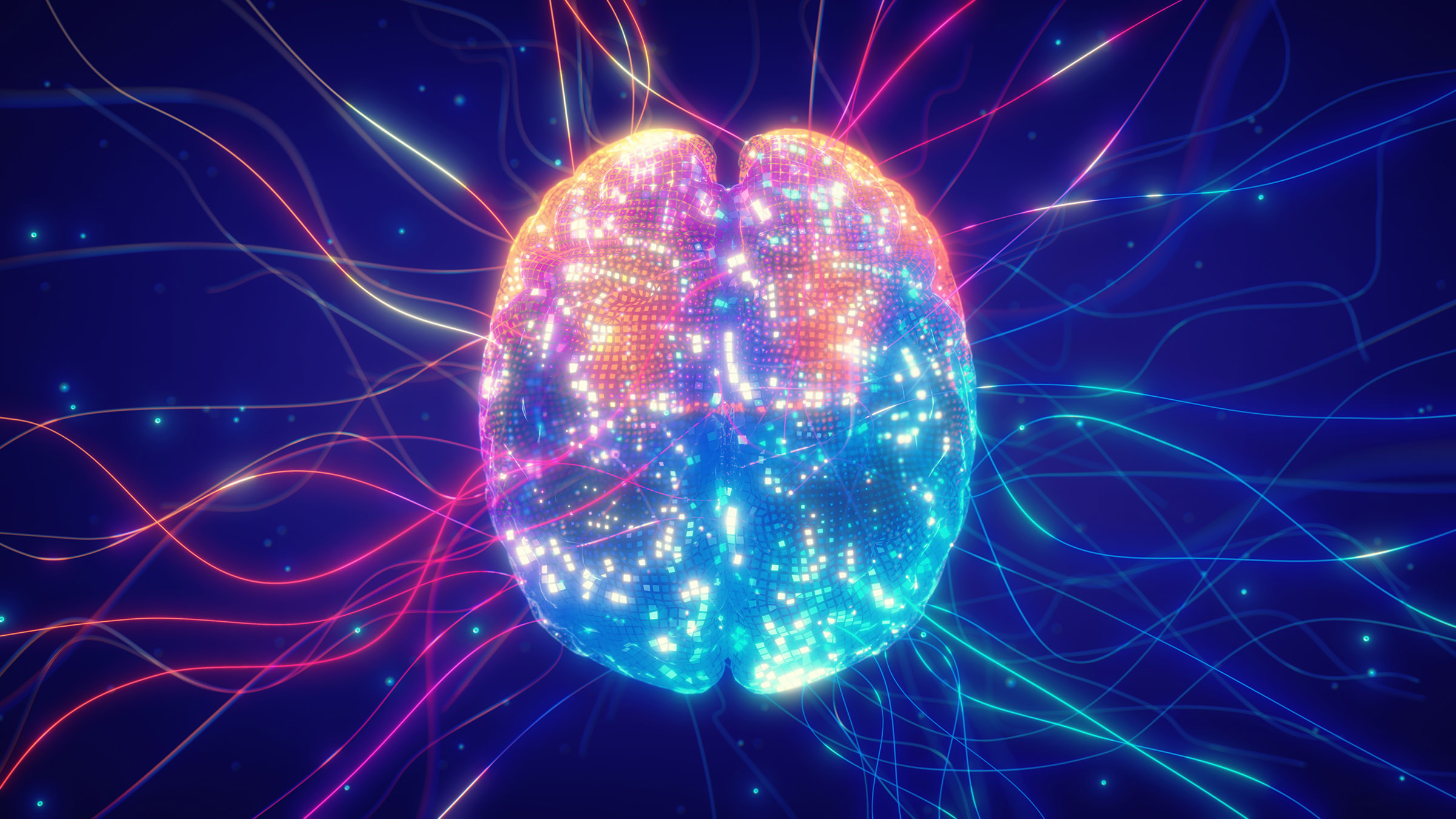There's Something That's The Opposite Of Deja Vu, And It's Even Weirder
We've all felt deja vu at one time or another. It's that weird feeling that we're experiencing something for the second time, and it's something that is associated with the memory system in our brains. However, there's also an opposite to deja vu, and it's something that we've all probably experienced at one time or another, but you might now know that there is actually a name for it, and that name is jamais vu.
Have you ever looked at a word so much—or even said a word so much—that it suddenly didn't feel real anymore? Maybe it just seemed to lose all meaning for some reason. Or, perhaps someone you have known for years suddenly seems like a stranger when you look at them—even for just a split second.
When this happens, you're experiencing what scientists call jamais vu. In new research featured in the journal Memory, researchers look deeper at the phenomenon and how it works. To test the experience out, the researchers had participants complete a variety of different tests to see how long it would take words that were familiar to become meaningless or confusing.

Throughout their testing, the researchers tried having 94 undergraduates write out twelve different words, including some common words like "door" and some that were much less common, like "sward." The researchers asked the participants to write down the words as quickly as they could. They told them they could stop for a number of reasons—including being bored or feeling peculiar, or even if their hand started hurting.
The researchers found that 70 percent of the participants stopped at least once because they experienced a feeling similar to what scientists define as jamais vu. This tended to occur after writing the words after one minute, usually around 33 repetitions of the word. During a second experiment, though, the participants were asked to write out the word "the."
This time, they found that 55 percent of the participants experienced jamais vu after 27 repetitions of the word. The participants recorded their experiences in a multitude of ways, too. Some said they seemed to lose control of their hand, while others said something didn't seem right, and the word looked like it shouldn't be a word but that someone had tricked them into thinking it was one.
The researchers say they've been working on the research for the past 15 years, trying to learn more about this phenomenon and how it affects our brains. They say that it makes sense for our brain to have a system like jamais vu, as our brains need to stay flexible to the stressors that we throw at it, and that being able to complete a "soft reset" of sorts when staring at something too long may be one way the brain keeps from overextending itself.
